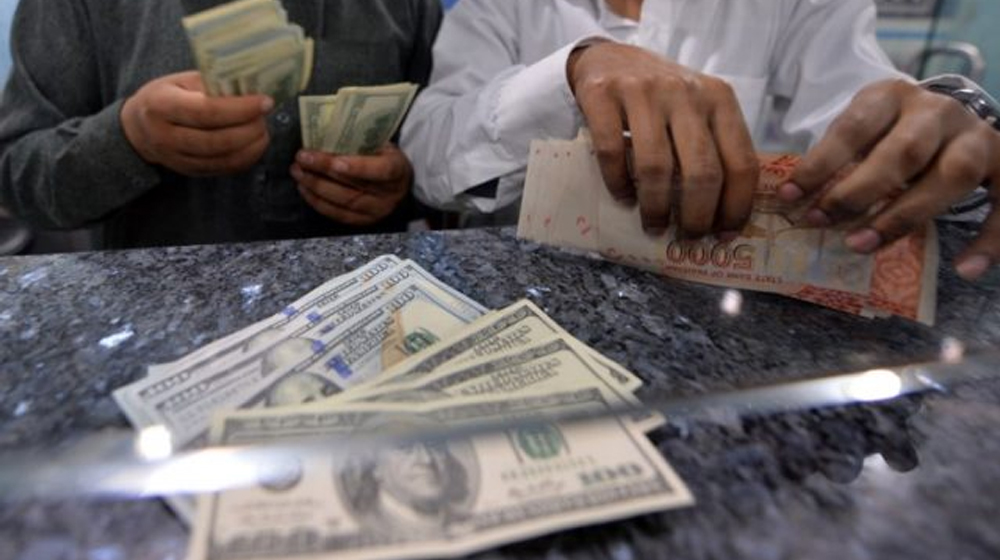The Financial Monitoring Unit (FMU) has directed the financial institutions and designated non-financial businesses and professions (DNFBPs) to promptly report Suspicious Transactions Reports (STRs) where account holders receive multiple small bank deposits from unknown and unrelated individuals.
The FMU has issued instructions to the Governor, State Bank of Pakistan, Chairman, Securities and Exchange Commission of Pakistan, Chairman, National Saving AML/ CFT Supervisory Board and Director General, Directorate General DNFBPs, FBR.
According to the FMU, the unit has issued “Red Flags” Indicators for Financing and Facilitation of Foreign Terrorist Fighters (FTFs) and Returnees.
In terms of Section 7 (1) of the Anti-Money Laundering Act, 2010, the reporting entities including financial institutions and DNFBPs are required to promptly report Suspicious Transactions Reports (STRs) to Financial Monitoring Unit for potential Money Laundering (ML)/ Terrorism Financing (TF)/ Proliferation Financing (PF) related activities.
In order to identify a suspicion that could be indicative of potential activity related to the financing of foreign terrorist fighters (FTFs), FMU has prepared the attached “Typologies and Red Flags for Financing and Facilitation of Foreign Terrorist Fighters and Returnees in Southeast Asia” for reporting entities.
The FMU has recommended action to the reporting entities for making necessary changes to their transaction monitoring systems (TMS) to address the concern of FTFs.
The FMU has asked the financial institutions and the DNFBPs to monitor remittances from/ to areas of concern, including conflict jurisdictions and their vulnerable neighboring countries.
They should look for red flags like applying for numerous loans and credit cards; early surrender of insurance policies; customer requests for opening a new bank account for transactions from/ to abroad and cases of withdrawing funds from an ATM or using stored-value cards in conflict zones.
Financial institutions and the DNFBPs should report cases where the individuals are using a debit or credit card along a known travel corridor to a conflict zone and sending or receiving funds by international transfer to/from conflict zones or to high-risk countries for terrorism where the customer does not have a personal or business relationship.
The financial institutions and the DNFBPs are required to report cases where the individuals are resuming active bank account usage after a period of unexplained dormancy; making cash withdrawals from a newly opened bank account with an international presence; closing accounts via large cash withdrawals and atypical purchases of camping equipment, plane tickets to high-risk areas, etc.
Financial institutions and the DNFBPs should report transactions to companies that do not appear to be in the same line of business and where there is no prior relationship; atypical purchases of gold and jewelry (can serve as a way of carrying assets into a conflict zone undetected); rapid movement of cross-border funds without reasonable cause; receipt of multiple small deposits from unknown and unrelated individuals; adverse news or information provided by other authorities indicating past, current, or intended travel to join a terrorist group or ongoing support for a terrorist organization (if any), FMU added.

























